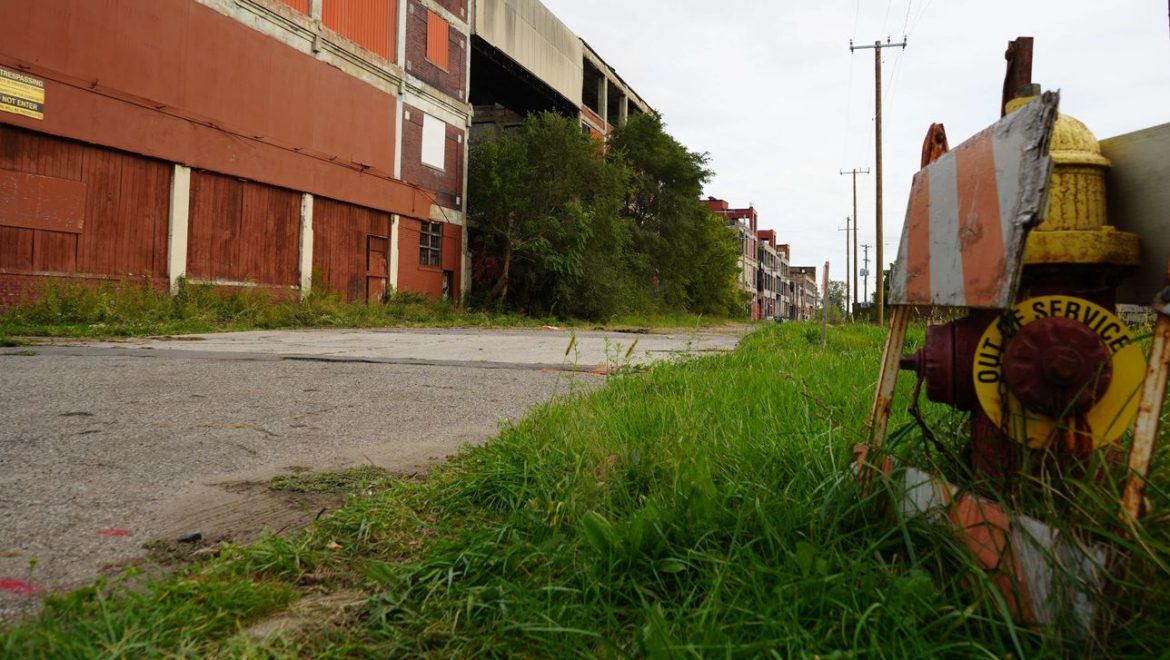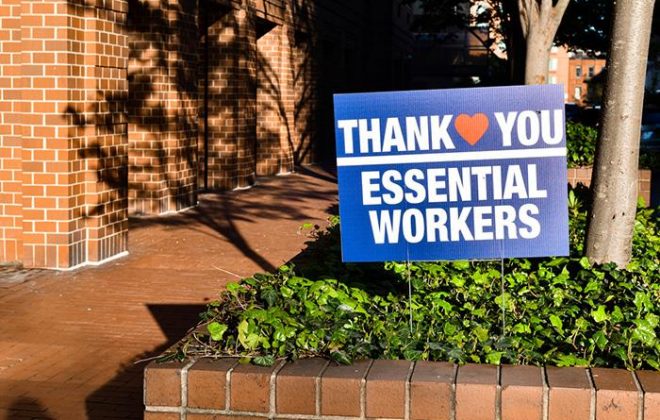Racial segregation led to systematic failures in Detroit, experts say
Many experts believe that major damage to Detroit’s decline made corruption. Some of them cite racial segregation and upraising violence in the city. But there were other systematic failures in the economic diversification of motor city.
Ken Coleman, an essayist and one of the authors of Detroit 1967: Origins, Impacts. Legacies, said in a phone interview that racial segregation damaged Detroit’s reputation to investors and major players in business decided to leave the city. Occasionally, it turned the city into an abandoned area.
“When African-Americans of South were attracted by the car industry, their number started to increase rapidly,” Coleman said. “They were not welcome in the white-majority city. There were white only communities, where black people not allowed to even visit.”
Coleman said Detroit appeared to be a peaceful city at the beginning of the 20th century. But a multicultural and interracial society activated violent hate groups like Ku Klux Klan, he said.
“African-Americans did not belong to Detroit. That’s what white supremacists nodded all the time. It started to critically damage the city’s reputation when the level of hate crime peaked into active violence,” Coleman said.
In an interview, Joe Grimm, a professor at MSU and a lifetime resident of Detroit, said one of the things that hurt Detroit’s population was segregation.
“Some people erroneously say population decrease in Detroit was caused by a violent uprising by mostly black citizens in 1967,” Grimm said. “But it really began in the 1940s. Having a segregated city was not a healthy way to run the city.”

Joe Grimm recently released a book about a Michigan based drink brand Faygo/Photo Zholdas Orisbayev
Grimm also said that the rise of labor unions in the 1940s led car companies to look for other places to move in the 1950s. The majority of car businesses started to relocate their factories out of Michigan as unions always demanded higher payrolls.
“When car factories left, we lost stores around it and local businesses, schools, churches,” he said.
Grimm said that until the automobile industry, Detroit had a very diverse economy. It was a capital for seeds, varnishes and motorboat manufacturing.
“Then, people started to get an idea that they could invent the automobile. And it drove residents to make Detroit a one-industry town. But now, after a century, we are coming back to a diversified economy,” Grimm said.





